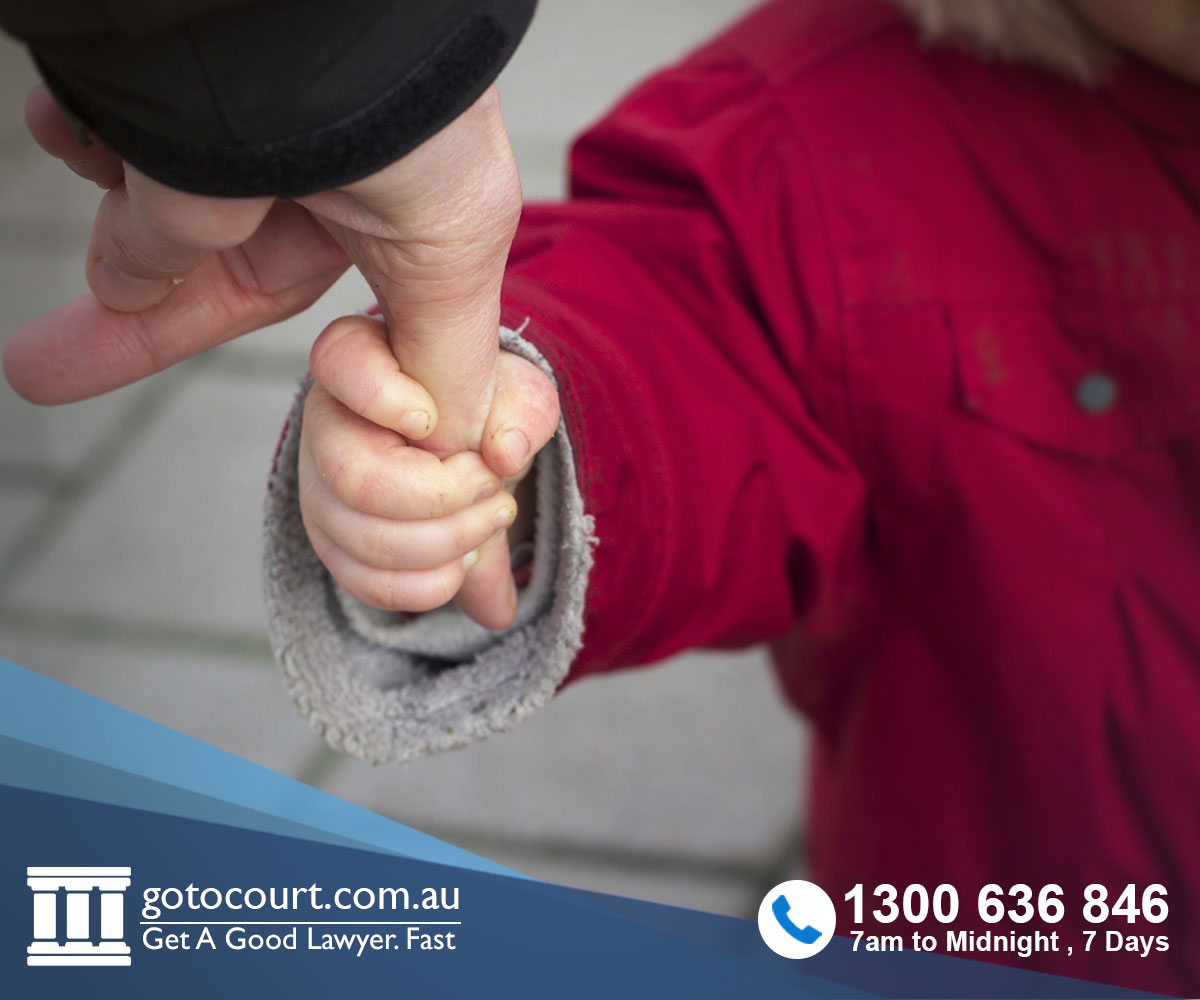Administrative Review in South Australia
In South Australia, the South Australian Civil and Administrative Tribunal (SACAT) reviews decisions made by state government departments and agencies and decides whether the decision was the right decision. This type of administrative review is known as merits review. Government decisions may also be reviewed by the South Australian Supreme Court to assess whether the decision made was lawful, which is known as judicial review. This page deals with administrative review in South Australia.
SACAT
SACAT was established under the South Australian Civil and Administrative Tribunal Act 2013 and associated regulations.
Under its original jurisdiction, SACAT makes decisions under the authority of other enabling legislation. This includes some kinds of residential tenancy disputes.
In its review jurisdiction, SACAT reviews decisions that have previously been made by government officials on their merits and decides whether changes to the decision should be made.
Merits review jurisdiction
SACAT has the power to conduct merits review of a wide range of government decisions. These include decision about:
- adoption
- animal welfare
- dog and cat management
- firearms licences
- public housing and community housing
- decisions by the Department of Child Protection
- decision by the Commissioner for Consumer Affairs
Merits review consists of a decision-maker reviewing a decision ‘on its merits’ as opposed to considering whether the decision was made lawfully. The Tribunal will look at the decision as a whole and the evidence on which it was made and decide whether the decision was correct.
Merits review process
When a person applies for merits review by SACAT, the hearing is generally held in public. The Tribunal does not need to comply with evidence laws, so proceedings are more informal than those that are held in a court. However, parties may be legally represented in some cases.
At the hearing, the Tribunal decides whether the original decision was the ‘correct and preferable decision’. If a question of law arises in the hearing, it may be referred to the Supreme Court.
The Tribunal has the power to make several different orders, including affirming the decision, replacing it or making amendments to it. However, the Tribunal will usually first encourage the parties to negotiate a compromise and may require them to attend a compulsory conference or mediation.
Appeals
Merits review decisions made by SACAT can be appealed to the Supreme Court of South Australia within one month of the date of the decision.
Judicial review
Judicial review in South Australia is governed by common law.
Judicial review occurred when a party seeks a review of a government decision on the basis that the decision was not made lawfully. This may be for a range of reasons including:
- the decision-maker did not have the authority to make the decision
- the decision contained an error of law
- the decision-maker took into account information that was irrelevant
- the decision-maker failed to take into account information that was relevant
- the applicant was not given procedural fairness
if the Supreme Court accepts one or more of the grounds of review, it may make any of the following orders:
- prohibition, an order preventing an authority from acting beyond its authority
- mandamus, an order requiring a party to perform a duty they have not performed
- certiorari, an order setting aside the original decision
- quo warranto, an order preventing a person from wrongfully exercising public functions.
Applying to the Supreme Court
Proceedings for judicial review are brought in the South Australian Supreme Court under the Supreme Court Civil Rules 2006.
A matter is commenced by filing a Form 4A Originating Application or a Form 11 Statement of Facts and Issues and supporting affidavit. These documents must set out the facts, issues and the orders sought.
An application must be made within six months of the date of the original decision. However, an application can be made late with the court’s leave.
If you require legal advice or representation in any legal matter, please contact Go To Court Lawyers.






